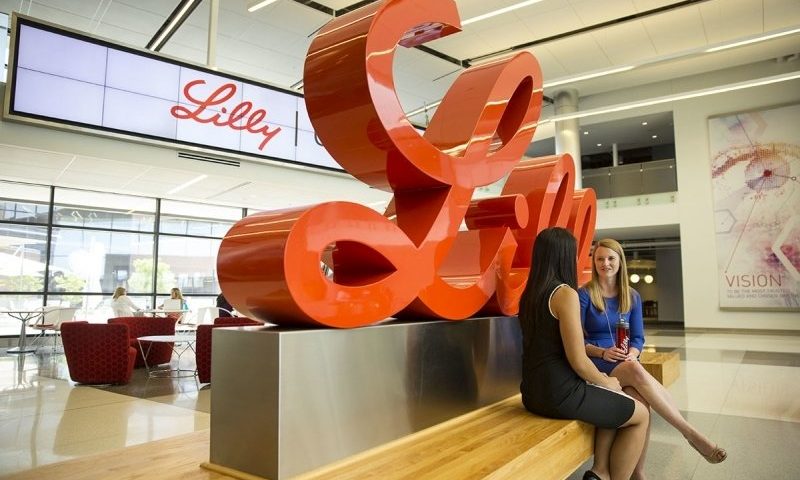Kumquat Biosciences may have said little publicly about its anticancer small molecule platform, but it has caught the eye of Eli Lilly. Committing to more than $2 billion in milestones to join forces with the Roche-backed biotech, Lilly is handing over $70 million upfront.
The deal sees Lilly partner with Kumquat—run by a pair of serial entrepreneurs—to develop small molecules that stimulate tumor-specific immune responses, according to a statement. In return for the upfront payment, which consists of a cash payment and an equity investment, Lilly secures an option to a “certain number” of drug candidates.
Yi Liu, Ph.D., and Pingda Ren, Ph.D., co-founded Kumquat late in 2018. The pair have founded a series of biotechs together. In 2014, Liu and Ren co-founded Kura Oncology, a now-publicly traded biotech that has a breakthrough-designated cancer drug in phase 2. Earlier in their careers, the pair set up Intellikine, which Takeda bought, and Wellspring Biosciences, where they advanced research into KRAS.
At Kumquat, Liu and Ren, who respectively occupy the CEO and chief operating officer positions, are working on a small molecule immuno-oncology platform. The candidates that Lilly gains through its Kumquat deal will slot into the pipeline of cancer prospects in development at the company’s Loxo Oncology R&D group.
Having brought RET inhibitor Retevmo to market, Loxo is now focused on pushing other candidates including inhibitors of BTK, IDH1 and KRAS-G12C through the clinic.
“Using small molecule inhibitors to target specific tumor antigens in complex with the immune machinery presents a unique opportunity to stimulate an enhanced tumor-specific immune response,” Jacob Van Naarden, CEO of Loxo Oncology at Lilly, said in the statement.
Lilly’s option covers all markets except greater China. The agreement gives Lilly the option to co-commercialize in greater China and Kumquat to co-develop and co-commercialize in the U.S.
For Kumquat, the deal adds to the money it has quietly raised in recent years. OrbiMed, Sequoia Capital China, EcoR1, Lilly Asia Ventures, and Roche Venture Fund have put more than $100 million into the biotech.

